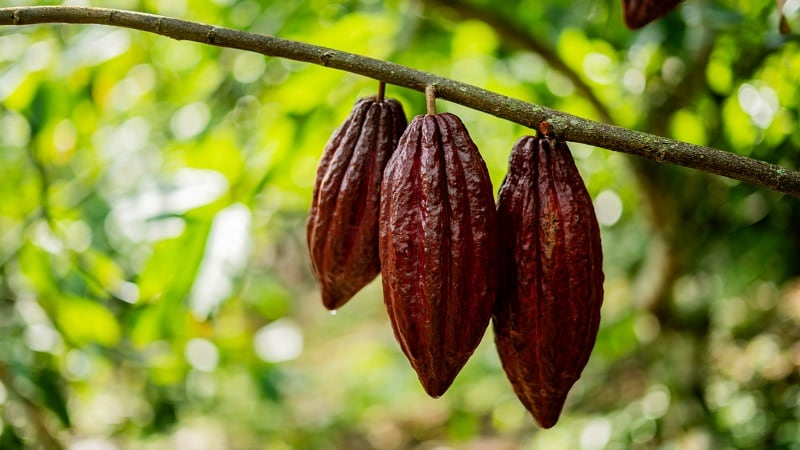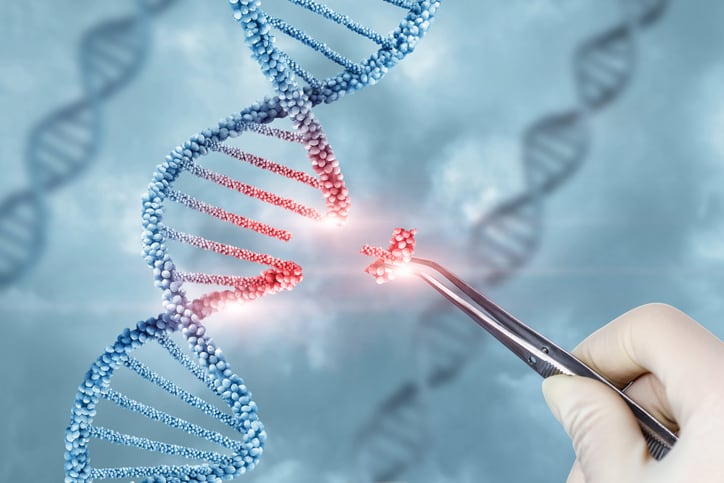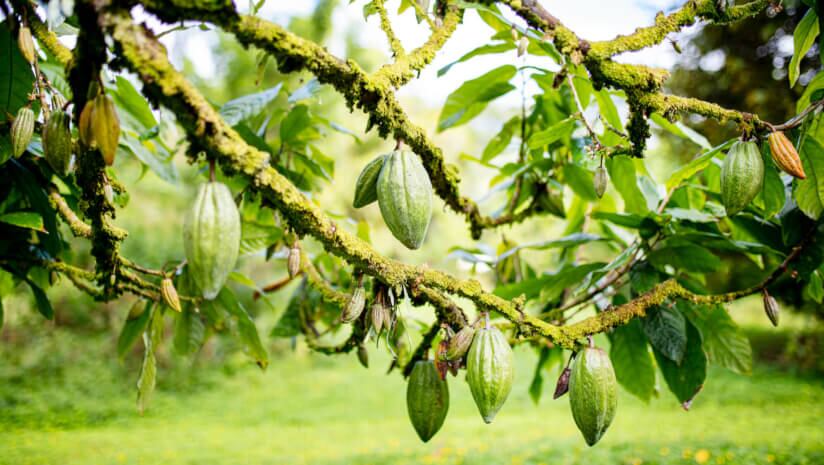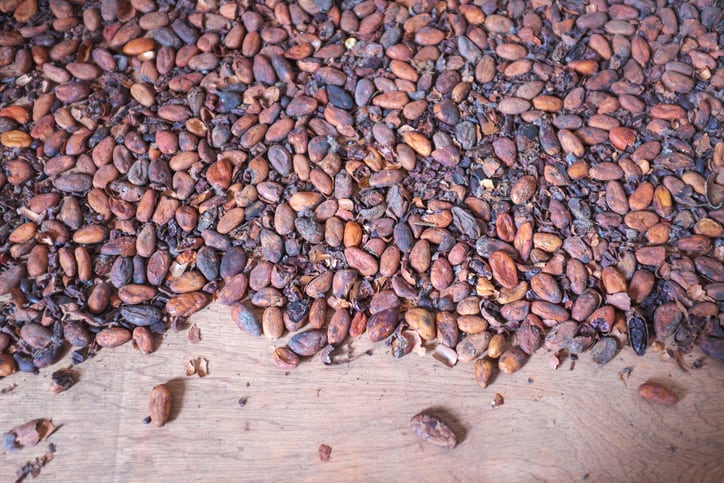US plant gene-editing company Pairwise signed an agreement to license its platform to confectionery giant Mars, as the consumer packaged good company navigates an increasingly volatile cocoa supply chain.
Venture-backed Pairwise developed its Fulcrum platform to be “the application layer for CRISPR editing in agriculture,” allowing companies, food producers, and partners to edit plant genes to create crop varietals that can respond to a range of challenges, Ian Miller, COO at Pairwise, told AgTechNavigator.
Mars will use Fulcrum and Pairwise’s Sharc enzyme to create specific cocoa traits faster than traditional breeding methods, factoring in climate, environmental stresses, and plant diseases, the company shared in a press release.
“At Mars, we believe CRISPR has the potential to improve crops in ways that support and strengthen global supply chains. Our focus is to transparently and responsibly conduct CRISPR research in plant science that helps crops better adapt to climate challenges, disease pressures, and resource constraints,” Carl Jones, plant sciences director at Mars, said in a press release.
How cocoa is feeling the climate change pinch
Numerous crops from cocoa to soybeans are facing climate change threats and market volatility, while environmental, social, and governance (ESG) goals are pushing companies to find greener solutions, Miller explained.
Cocoa prices rose to nearly $13,000 per metric ton in December of 2024, due to poor weather conditions and high demand, according to J.P. Morgan.
Higher temperatures due to climate change mean that more water is taken from the soil and plants of cacao trees, according to the National Oceanic and Atmospheric Administration (NOAA). In places like West Africa, depleted water is less likely to be replenished by rainfall, NOAA added.
Gene-editing techniques speed up the testing of new varieties over traditional plant-breeding methods, Miller explained. Typically, a cacao tree takes three to five years to reach maturity and produce cocoa pods.
“When you talk about something like a tree, it can sometimes be measured in decades rather than in years, and we simply do not have the time to do that to be able to address them effectively,” Miller emphasized.
Creating disease-resistant soybean with Bayer
Pairwise is also continuing to develop new crops outside cocoa with Fulcrum, including a seedless cherry based on its work with seedless blackberries, Miller noted. Pairwise is also seeking further commercial partnerships, as the gene-editing company works towards achieving profitability, he added.
Additionally, Pairwise has worked with ag giant Bayer through two five-year partnerships to create new corn, cotton, canola, soy, and wheat varieties. Bayer developed solutions to Asian soybean rust, which continue to challenge growers, Miller noted.
“Asian soybean rust is a devastating disease, and there is a multibillion-dollar fungicide industry built up around it to combat it, and we have been working with [Bayer] on a variety of soybeans, which is now in testing to have resistance to that disease so they can reduce their dependence on those inputs,” Miller said.





